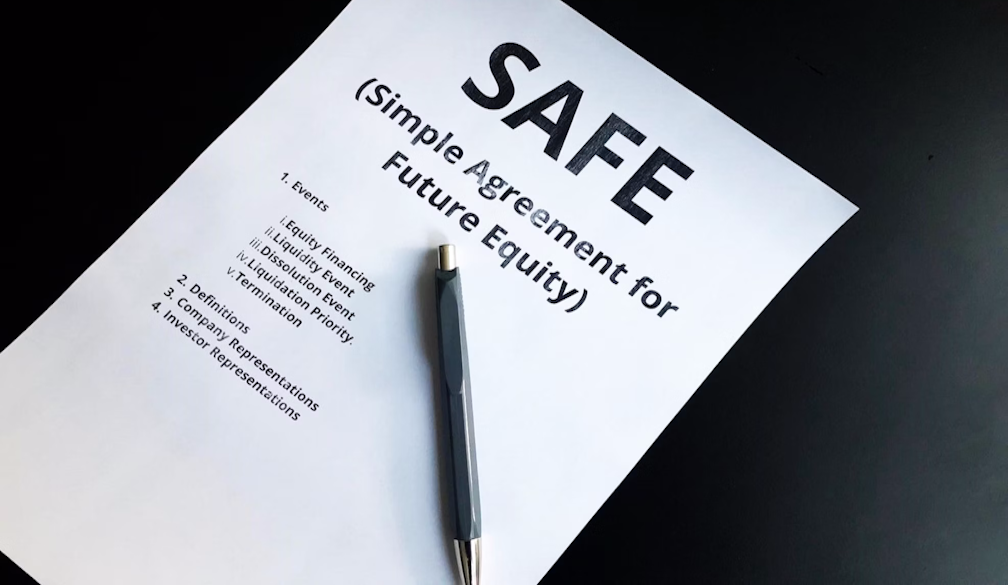Buying Off-the-Plan: Legal Risks & How to Protect Yourself

Buying off-the-plan (i.e. purchasing property before it’s built) can be an appealing option, especially for first-time buyers and investors. These purchases often promise financial benefits such as stamp duty concessions, lower upfront costs and the potential for capital growth by the time construction is completed. However, this strategy is not without its legal risks. Understanding these risks and taking steps to protect yourself by consulting property lawyers is an important step before you sign a contract.
Key Legal Risks
- Project Delays or Cancellations – One of the most common issues is construction delay. Developers may face funding issues, planning problems or labour shortages that result in delayed completion. In worst-case scenarios, the project may be abandoned altogether, leaving buyers financially and emotionally distressed.
- Changes in Market Conditions – The property market can fluctuate between the time of purchase and completion. Buyers may find the property is worth less than what they agreed to pay, which could affect financing if lenders reassess valuations unfavourably.
- Contractual Ambiguities – Off-the-plan contracts often favour developers. These contracts may include clauses allowing significant variations in design, layout or even size of the finished unit. Buyers may receive something quite different from what was marketed.
- Sunset Clauses – These are provisions that allow either party to terminate the contract if the project is not completed by a specified date. Some developers have used this clause unethically to cancel contracts and resell at higher prices when the market improves.
- Developer Insolvency – If a developer becomes insolvent before the project is completed, buyers may lose deposits or face long delays while administrators resolve matters.
How to Protect Yourself
- Hire a Property Lawyer – Always seek independent legal advice before signing an off-the-plan contract. Property lawyers can help you understand complex clauses, negotiate better terms and ensure your rights are protected throughout the process.
- Research the Developer – Investigate the developer’s track record. Look at their completed projects, financial stability and reputation in the industry. This due diligence can provide some assurance about their ability to deliver on promises.
- Negotiate Contract Terms – Try to negotiate on key terms such as the size and specifications of the unit, permissible variations and the sunset clause. Ensure the contract clearly outlines your rights if the property delivered is materially different from what is promised.
- Consider Deposit Protection – Check that your deposit is held in a trust account or covered by insurance. This protects your money in case the developer defaults or becomes insolvent.
- Stay Informed During Construction – Maintain contact with the developer or builder and request frequent updates during the process. If delays arise, you’ll want to know your available options early.













